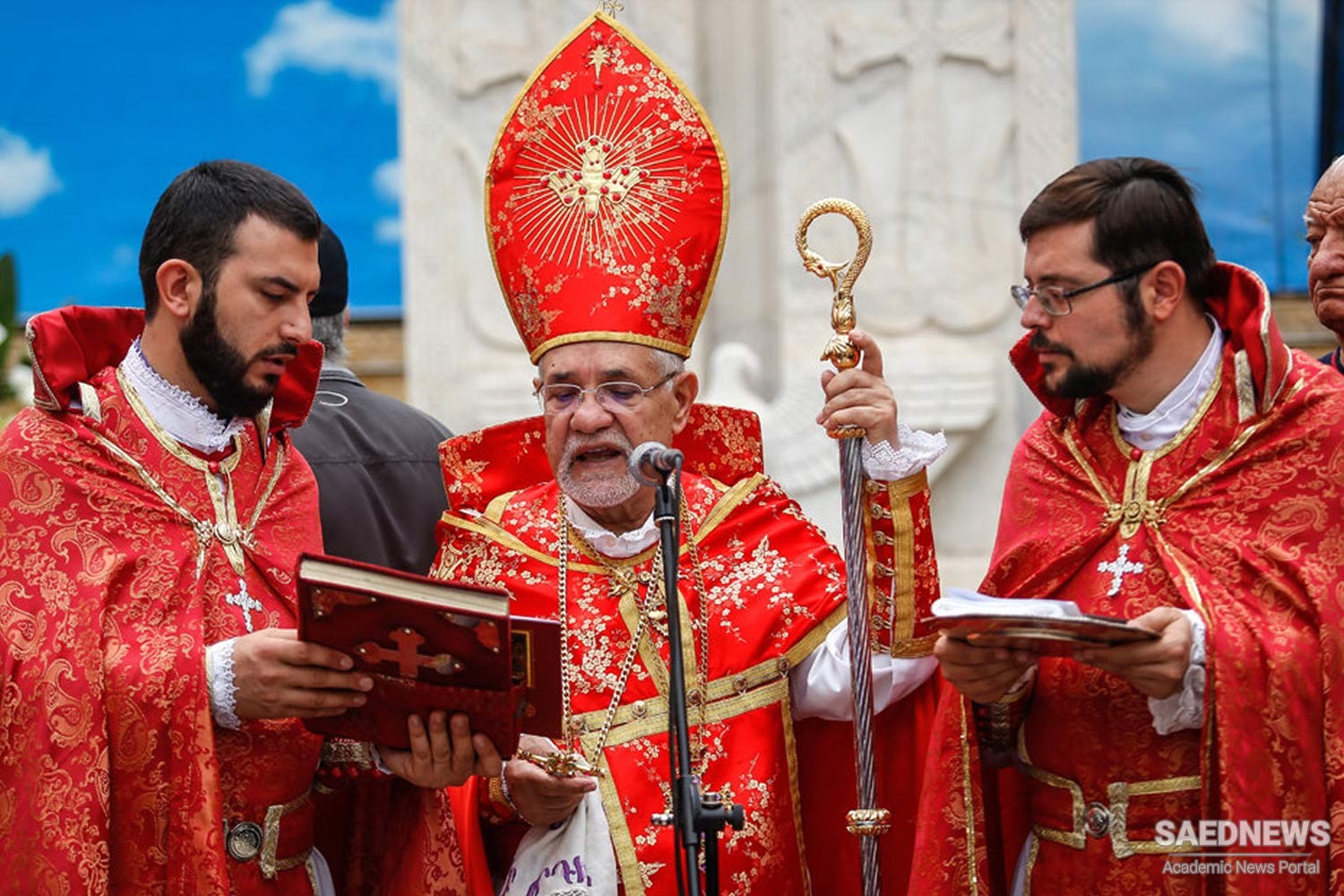Moreover, because of their wars with the Muslims, the Mongols could not trust local Muslim officials as their representatives. Thus, the Mongols dispatched Christian emissaries even to the Muslim princes of Mesopotamia. But Muslim rulers approved neither of the Mongols nor of their Christian diplomats. The ruler of Mayyafariqin crucified the Jacobite legate sent by Hulagu. Hulagu avenged his death by massacring the Muslim population of the town and sparing the Christians.
Initially, Western Christian powers feared the Mongols due to their ravages in eastern Europe. In 1259, Poland and Hungary were still suffering from Mongol attacks. That year, Pope Alexander IV even condemned the Christian prince of Antioch for siding with the Mongols. Moreover, Hulagu’s first attempts to establish relations with the West were not a brilliant diplomatic stroke. For example, in a letter of 1262 to King Louis IX, he mentioned that his army had slaughtered 200, 000 people in Baghdad.431 However, towards the end of his reign, the Mongol advances in Europe had ceased and the Mamluks’ attacks on Christian possessions in the Levant brought the Pope and the Franks closer to the Mongols. It was only about 1263-1264 that the Europeans were disposed to receive envoys sent by the Mongols. Brother David seems to be the first one to have seen the Pope on the Mongols’ behalf, and he assured the sovereign pontiff about Hulagu’s future intention to embrace Christianity, which seems to have been believed also by the Armenian chronicler Vartan. The arrival of this envoy in Rome reconstituted the old relations between Iran and the West which had ceased after the Arab invasion. Numerous envoys were dispatched from the Ilkhanid court to the Christian courts and vice-versa, trying to find a common strategy for fighting the Muslims. The aim was to co-ordinate military forces and defeat the Mamluks.
It is not certain how determined the successive Popes were to fight along with the Mongols against the Muslim Mamluks. Pope Urban IV, for instance, employed more efforts in increasing the sphere of his influence and bringing the Christian communities of the Mongol Empire under the ‘spiritual domination’ of Rome than in mobilizing the European armies. He sent a series of missionaries to Iran and the majority of them settled in areas where there was a local Christian community. As it was more difficult to convert Mongols, the Catholic missionaries left that task to the local Nestorians.
Abaqa (1265-1282) continued his predecessors’ endeavours to maintain close relations with the Latin powers. In 1274, he sent a large group of Christians to the Council of Lyon. Some of the representatives embraced Catholicism in orderto demonstrate theirsovereign’s goodwill. The envoys returned to Abaqa the following year bringing nothing but a letter from the Pope Gregory X urging him to become Christian. Abaqa himself was preoccupied by the attacks of the Golden Horde, and could not dedicate his army to the war in the Levant to satisfy the European princes.


 Mongol Invasion and Life Conditions of Religious Minorities in Mongol Persia
Mongol Invasion and Life Conditions of Religious Minorities in Mongol Persia














































